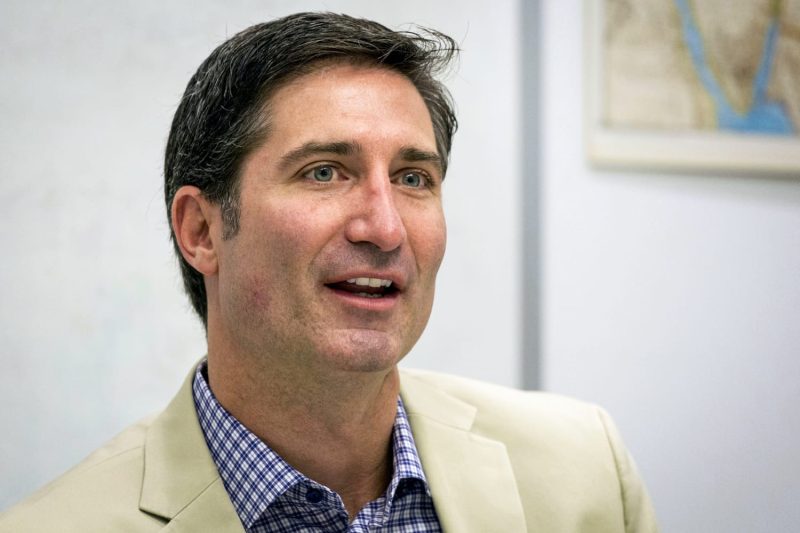Starbucks is set to welcome Brian Niccol as its new CEO, a move that comes with a hefty financial package worth $85 million in cash and stock options. Niccol, who previously served as the CEO of Chipotle, is seen as a strategic hire for the coffee giant to steer the company through its next phase of growth and digital transformation.
The generous compensation package reflects the high expectations that Starbucks has for Niccol as he takes the reins. It includes a base salary of $1.45 million, an annual bonus opportunity of up to $3 million, and a one-time sign-on bonus of $7 million. In addition, Niccol will receive a long-term incentive award of $38 million, which will be tied to the company’s performance over the next few years.
This move by Starbucks highlights the fierce competition for top executive talent in the corporate world. Companies are willing to offer substantial financial rewards to attract and retain high-caliber leaders who can drive growth and innovation. In the case of Niccol, his successful track record at Chipotle, where he implemented digital initiatives and menu innovations, makes him a valuable asset for Starbucks as it seeks to adapt to changing consumer preferences and market dynamics.
The decision to bring in an external candidate like Niccol also signals Starbucks’ desire for fresh perspectives and new ideas to revitalize the brand and accelerate its growth trajectory. Niccol’s experience in the restaurant industry, particularly in leveraging technology and data analytics to enhance the customer experience, positions him well to lead Starbucks into the digital future.
However, the size of Niccol’s compensation package has raised eyebrows among critics who argue that such exorbitant payouts contribute to income inequality and corporate excess. Some shareholders and activists have called for greater transparency and accountability in executive pay decisions, urging companies to link compensation more closely to long-term sustainable performance and social responsibility.
In response to these concerns, Starbucks has defended Niccol’s compensation as necessary to attract top talent in a competitive market and align his interests with those of shareholders. The company emphasizes that Niccol’s pay is performance-based and tied to specific objectives and key results that drive shareholder value and long-term success.
As Brian Niccol prepares to take the helm at Starbucks and embark on a new chapter in his career, the spotlight will be on him to deliver results and justify the faith that the company has placed in him. With the coffee giant facing challenges from evolving consumer trends, intensifying competition, and the lingering impact of the global pandemic, Niccol’s leadership and strategic vision will be crucial in shaping Starbucks’ future success.




























